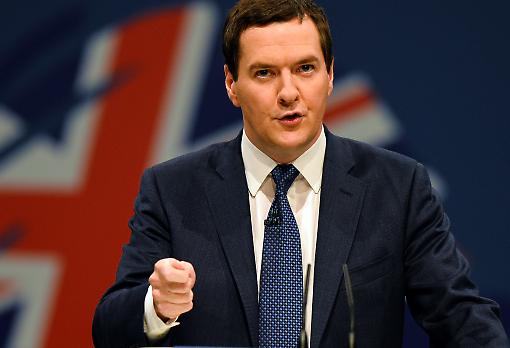http://www.theguardian.com/society/2013/oct/23/effect-benefit-cap-work-pensions-welfare-official-figures
Work and pensions minister condemns report that found cap not working but is unable to offer official figures
A Conservative minister has admitted that the government does not know how many people the benefit cap is forcing into work, after a new study said the flagship welfare policy was not helping the unemployed or saving money.
Mike Penning, a work and pensions minister, condemned the Chartered Institute of Housing (CIH) report as “fundamentally flawed”, after it estimated that only 10% of those hit by the cap in one London borough, Haringey, had secured jobs or increased their working hours.
However, he could not give a government figure for the number of people affected who were working more as a result.
“We don’t know what the percentage is,” he said. “We know 16,500 have gone into work as this was phased in and we gave Jobcentre Plus the funding to do that.
“In Haringey, we knew there would be issues in the London councils, so we gave them £56m extra, so we’re not surprised we’re doing that. And for the 10% of people that have gone into work, we’re thrilled for them. And we’re also thrilled for hardworking people because this is fair.”
The CIH report looked at early results in Haringey in north London. It found only a handful of the 747 households affected by the cap had secured a job or increased working hours since the cap was introduced six months ago, despite intensive and personalised support from councils and local jobcentres.
Although the policy was shaving £60,000 a week from the benefits bill locally, this amounted to only 1% of the council’s total weekly benefit expenditure. Haringey has spent £55,000 a week on short-term discretionary grants to help claimants affected by the cap to meet rent shortfalls, and thousands more on providing extra welfare and employment advice.
The few capped claimants who had so far moved into employment were already “close to the labour market” and were likely to have got a job anyway, or were already working part-time and had increased their hours, according to Haringey jobcentre officials and charity job advisers interviewed by the CIH.
…


